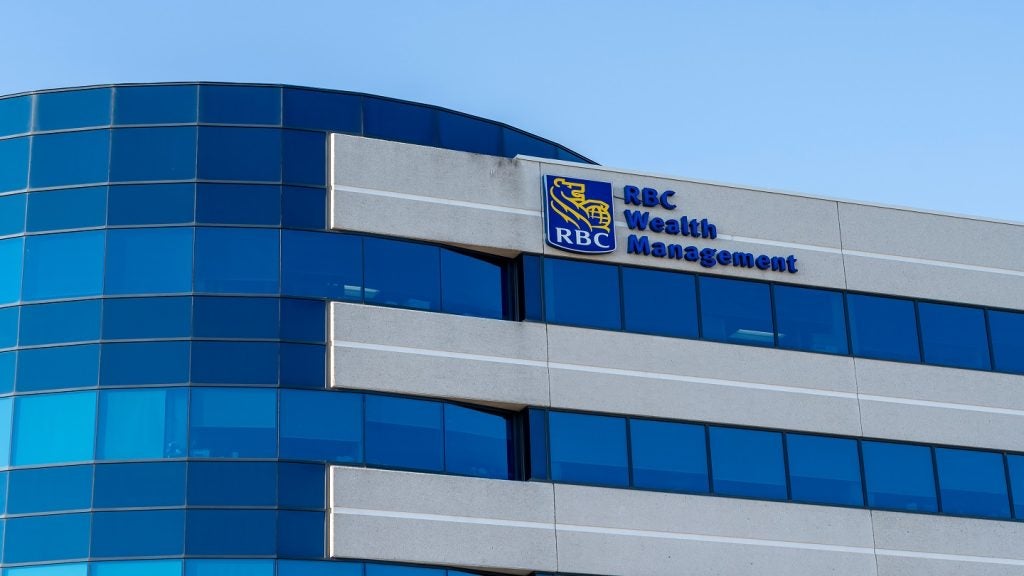China remains one of the most
attractive wealth markets and is a country where all serious wealth
managers need a presence. Will
Cain spoke to Albert Chiu, Asia CEO for EFG Bank, which
recently set up a representative office in Shanghai and hopes to
benefit from its ‘open-church’ reputation.
EFG International has set up a
representative office in Shanghai, China, allowing the bank to
perform research and general marketing.
“The [licence] is very restrictive and you are
not allowed to do any business or revenue-generating activities,”
Albert Chiu, EFG’s Asia CEO, said.
“It’s a long-term plan. We want to study the
market carefully and when we are ready in two years to three years
time, and if the regulations permit, we will take the next step
which would be to apply for a branch licence and licences to do
other business in China.”
Clement Lin, previously head of the Taiwan
desk at Citi Private Bank in Shanghai, will head the office for
EFG. Prior to Citi he was head of HNWI wealth management at HSBC
Private Bank (Suisse).
As in other highly-regulated emerging wealth
markets, differentiation is difficult for wealth managers. It means
acquiring clients can be difficult for new brands in the market,
while acquiring advisers can be expensive and often results in only
20 percent to 30 percent transfer of the adviser’s assets to the
acquiring institution.
Chiu said EFG would benefit from its
“open-church” private banking reputation and origin as a
multi-family office business, which has developed into a
fully-fledged private bank.
While much of China’s offshore wealth is
managed by the global players through the Singapore and Hong Kong
wealth hubs, around 90 percent of China’s $2.1 trillion HNW
aggregate wealth is held onshore, according to PBI’s China country
survey (see PBI 249).
International private banks have targeted this
market by establishing representative offices or by acquiring
stakes in domestic banks, though ownership levels are capped at 20
percent.
“Like other banks, we are bullish on the China
market and we believe the wealth management market will become very
substantial,” said Chiu. “As a result, any serious wealth manager
should be there.”
International private banks like EFG, Credit
Suisse, UBS and Standard Chartered are seen to have an advantage in
the UHNW market ($30 million plus in investable assets),
traditionally more difficult for domestic players to serve.
There are around 6,000 of these in China,
according to Celent research. The majority of China’s wealthy are
concentrated in the regions of Beijing, Shanghai, Jiangsu, Zheijang
and Guangdong.
China’s product range is broadening, though
remains limited in terms of access to overseas investments through
its Qualified Domestic Institutional Investor (QDII) regime. Wealth
managers which are granted QDII status are allowed to list funds in
which the underlying investment in stocks is not greater than 50
percent, with the net value of an individual stock in the fund
capped at 5 percent.
Recent concerns have been raised by ratings
agency Fitch about the repackaging of domestic loans by Chinese
banks into wealth management products. Chiu said that he was not
aware of the products, and that EFG was not at the stage where it
was talking to asset managers in the country.
“My personal view is these products are
sophisticated and should be aimed at a more institutional market
because investors need to do analysis and due diligence on the
underlying credit to work out what risk it represents,” he
said.
“These types of products are only suitable for
mature wealth markets where investors are more sophisticated and
can appreciate the risks and rewards going into it.”








